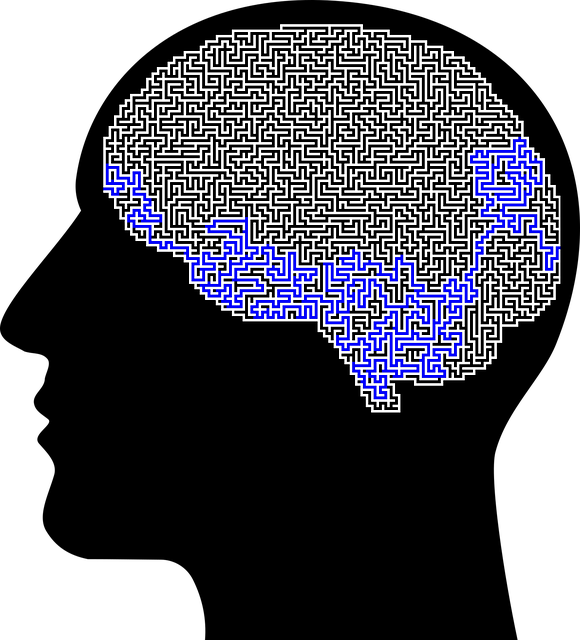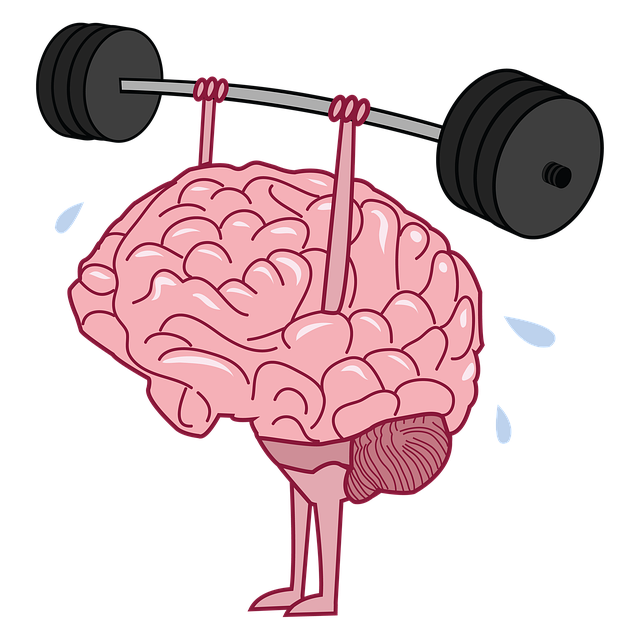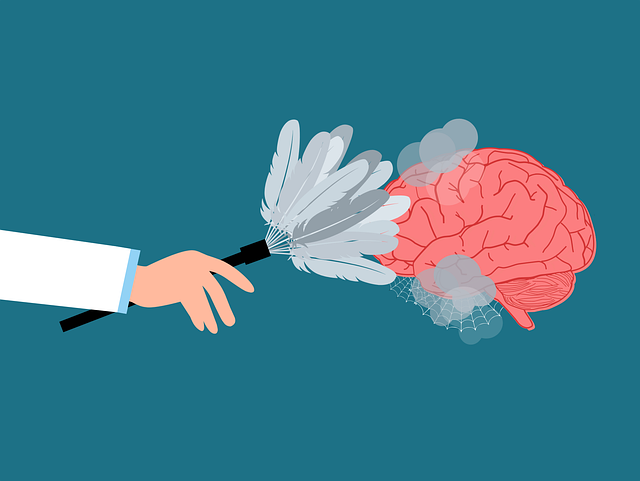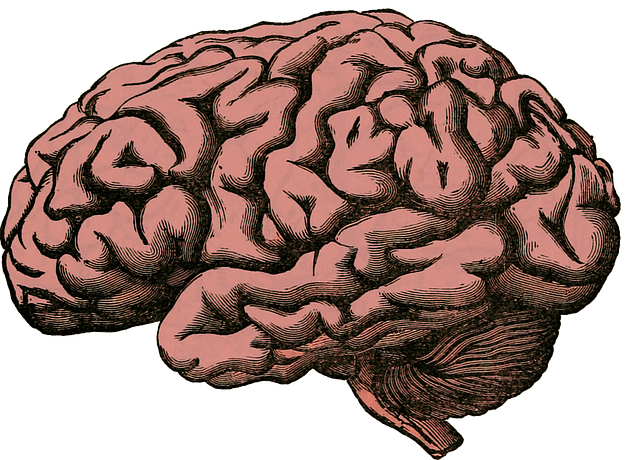Greenwood Village Women's Issues Therapy leverages data-driven approaches for mental health care, collecting and analyzing patient intake forms, session notes, and surveys to gain a holistic view of clients' well-being. They integrate quantitative and qualitative data using specialized software to identify trends, tailor treatments, and design targeted interventions. This meticulous process includes handling missing values and biases in self-reported surveys. Advanced data analysis techniques like statistical modeling and machine learning algorithms help uncover hidden correlations and predict outcomes. The therapy center uses these insights to inform tailored interventions, address community needs, and develop equitable access to care while navigating ethical considerations.
Mental health data analysis is a powerful tool for understanding complex psychological trends. This article explores the intricate process of interpreting mental health data at Greenwood Village Women’s Issues Therapy, from collection and preprocessing to advanced pattern recognition techniques. We delve into the practical implications for treatment and policy, highlighting the importance of accurate data interpretation in improving mental healthcare services. By examining challenges and ethical considerations, we also chart a course for future research and advancements in this vital field.
- Understanding Mental Health Data: Collection and Sources at Greenwood Village Womens Issues Therapy
- Preprocessing and Cleaning Data for Accurate Analysis
- Techniques for Uncovering Patterns and Trends in Mental Health Statistics
- Interpreting Findings: Implications for Treatment and Policy at Greenwood Village
- Challenges, Ethical Considerations, and Future Directions in Mental Health Data Interpretation
Understanding Mental Health Data: Collection and Sources at Greenwood Village Womens Issues Therapy

At Greenwood Village Women’s Issues Therapy, understanding mental health data is a cornerstone of their practice. The therapy center meticulously collects and analyzes information from various sources to gain comprehensive insights into clients’ well-being. These sources include detailed patient intake forms, regular session notes, progress reports, and self-reported surveys. By integrating quantitative and qualitative data, the organization can identify trends, patterns, and unique challenges faced by each individual. This holistic approach enables therapists to tailor their treatments more effectively.
The collected data encompasses a wide range of aspects, such as mood disorders, anxiety levels, coping mechanisms, and life events, including self-esteem improvement initiatives and trauma support services. Moreover, Greenwood Village leverages specialized software tools to streamline data analysis, ensuring efficient and accurate interpretation. This enables the Stress Management Workshops Organization to make informed decisions, design targeted interventions, and ultimately foster positive outcomes for clients, making it a beacon of hope and support in the community.
Preprocessing and Cleaning Data for Accurate Analysis

Before mental health data can be analyzed effectively, preprocessing and cleaning are essential steps to ensure accuracy and reliability. This initial phase involves several critical tasks designed to prepare the data for meaningful interpretation. Researchers at Greenwood Village Women’s Issues Therapy employ rigorous standards in this regard, addressing issues like missing values, outliers, and inconsistent formatting. Such meticulousness is paramount, as dirty or incomplete data can lead to skewed results and erroneous conclusions.
For instance, when dealing with self-reported surveys on topics such as stress reduction methods or burnout prevention, it’s crucial to handle potential biases introduced by respondents’ motivations or errors in understanding. Proper preprocessing includes identifying and treating these anomalies while maintaining the integrity of individual responses, ensuring that the subsequent analysis accurately reflects the underlying mental health trends within the population studied.
Techniques for Uncovering Patterns and Trends in Mental Health Statistics

Uncovering patterns and trends in mental health statistics requires a meticulous approach, especially when addressing complex issues like those faced by individuals seeking Greenwood Village Women’s Issues Therapy. Advanced data analysis techniques, such as statistical modeling and machine learning algorithms, play a pivotal role in identifying hidden correlations and predicting outcomes. By employing these methods, researchers can uncover emerging trends, such as the impact of specific therapies (e.g., Social Skills Training) on patient recovery rates or identify demographics at higher risk for certain mental health conditions.
Furthermore, these analytical tools enable a nuanced understanding of risk factors and facilitators of mental well-being. For instance, risk management planning for mental health professionals can be enhanced by data-driven insights into client characteristics and treatment responses, allowing for more personalized and effective interventions. Empathy building strategies, often a cornerstone of therapy, can also benefit from data analysis, providing therapists with valuable information to tailor their approaches and better serve their clients’ unique needs.
Interpreting Findings: Implications for Treatment and Policy at Greenwood Village

At Greenwood Village Women’s Issues Therapy, interpreting findings from mental health data analysis plays a pivotal role in shaping effective treatment strategies and policy directions. By delving into the insights gathered from these analyses, therapists can gain valuable perspectives on the specific needs of their clientele. This process allows for a more tailored approach to mental wellness, addressing unique challenges faced by individuals within the community.
For instance, data might reveal prevalent mental health concerns among young adults or highlight disparities in access to care for marginalized groups. Such insights have profound implications for treatment and policy. They can guide the development of targeted interventions, like enhancing self-care routine programs tailored to address specific mental health issues. Moreover, they may lead to the implementation of crisis intervention guidance, ensuring that Greenwood Village residents receive timely support during emergencies.
Challenges, Ethical Considerations, and Future Directions in Mental Health Data Interpretation

Mental health data interpretation faces several challenges. Large volumes of diverse data from various sources, including electronic health records, social media, and wearable devices, require sophisticated analytics techniques to uncover meaningful insights. Privacy and confidentiality concerns are paramount; protecting sensitive information while enabling responsible sharing is crucial for both research and clinical practice, especially considering the personal nature of mental health issues like those often addressed at Greenwood Village Women’s Issues Therapy.
Ethical considerations play a central role in navigating this landscape. Bias in algorithms and data can perpetuate existing disparities in care. Ensuring equitable access to quality mental health services requires attentive consideration of these biases. Furthermore, the nuanced nature of human emotions and experiences demands interpretative flexibility; interpreting data must go beyond simple metrics to encompass context and individual differences. Future directions should focus on developing robust, ethical frameworks that integrate innovative technologies while prioritizing patient welfare and autonomy. Integrating approaches like Self-Care Routine Development for Better Mental Health and Empathy Building Strategies through data-driven insights can significantly enhance mental health support, possibly guided by Crisis Intervention techniques tailored to individual needs.
Mental health data analysis plays a pivotal role in shaping effective treatment strategies and policies at institutions like Greenwood Village Women’s Issues Therapy. By meticulously understanding, preprocessing, and interpreting complex datasets, we can uncover meaningful patterns and trends that guide evidence-based practices. This article has explored various techniques from data collection to ethical considerations, emphasizing the importance of rigorous analysis for improving mental health outcomes. As technology advances, continued exploration and innovation in this field are essential to meet the diverse needs of individuals seeking support at Greenwood Village and beyond.














